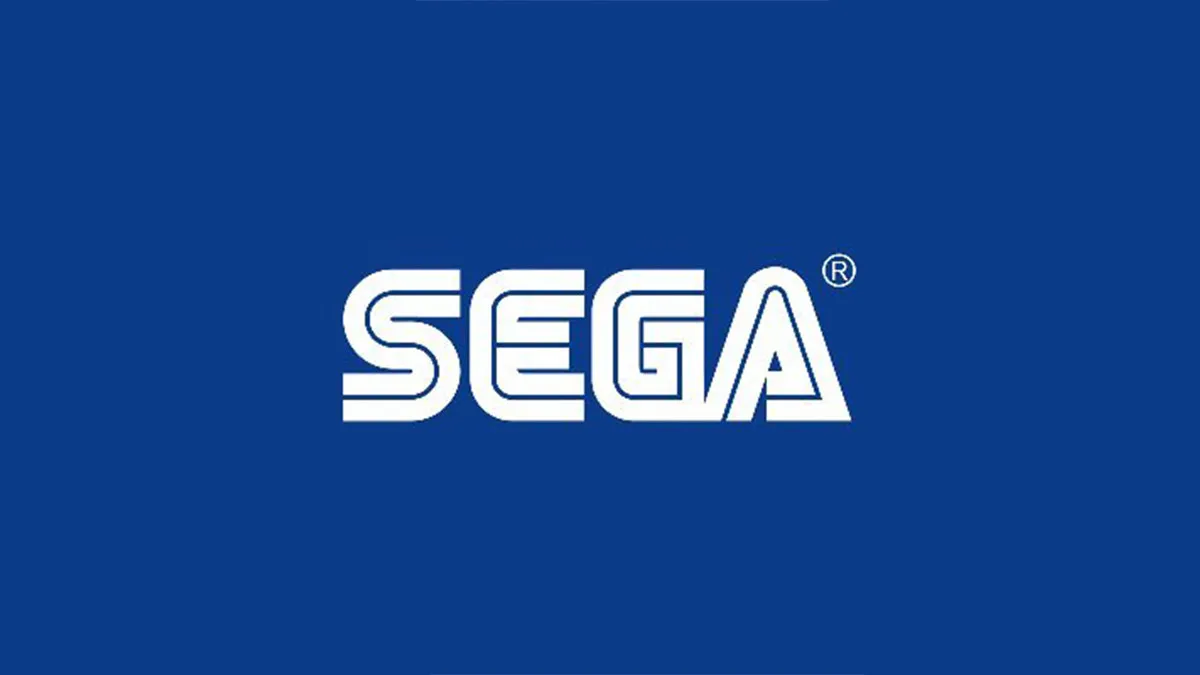Epic Games is once again stirring up controversy with its mere existence. However, this time the Epic Games Store isn’t the center of attention, but rather the Epic Online Services (EOS) initiative. Epic calls EOS “a suite of cross-platform game services—originally developed for use in Fortnite—that will be made available to the entire game developer community,” and includes features like a game ticketing and analytics system.
Upcoming features like cross-platform achievements, trophies, and voice communications were reported via Epic’s official roadmap and were reportedly in the works for a Q4 2019 release. This roadmap has since been deleted by Epic, who recently announced that a timeline is no longer available.
An Epic fail
The announcement came via a blog post that claims a delay in production was the cause of this change of heart:
We’re continuing to refine the services to provide support for all platforms and stores in preparation for opening up the SDK for broad public release. Building the foundation has taken more time than anticipated and as a result we are taking down the roadmap ahead of GDC 2020, where we will share definitive plans and will provide an updated vision for the future of Epic Online Services.
The delay is bad news for developers who were looking forward to implementing these long-awaited features into their own games and who will have to seek out other solutions in the meantime.
Some fans and critics were quick to bring up the Epic Games Store roadmap, questioning whether or not Epic will be able to hit their own deadlines considering they were unable to do so with EOS.
Unreal emotions
Epic Games has been making waves for months now due to its increasing library of paid exclusives. Most recently Borderlands 3 made its way onto Epic’s platform and was reportedly a commercial success. This is despite disappointment regarding the title’s platform exclusivity.
This detest for Epic and its business practices has led to pushback by PC gamers who were quick to criticize the delays in Epic Online Services, citing that the reported features weren’t difficult to put into practice. Other parties defended Epic, claiming fans should appreciate that EOS works everywhere, unlike Valve’s Steamworks.
Yep it's predatory for a dev to get a 7% cut and extra money on top, as well as engine support from Epic Games and development support through the Unreal Developer Network. Oh and a universal Epic Online Services system that works everywhere, unlike Steamworks which is Steam only
— mastercoms (@mastercoms) September 3, 2019
For more coverage of the Epic Games Store and the war of PC games distributors, stay tuned to PC Invasion.







Published: Sep 21, 2019 08:14 pm